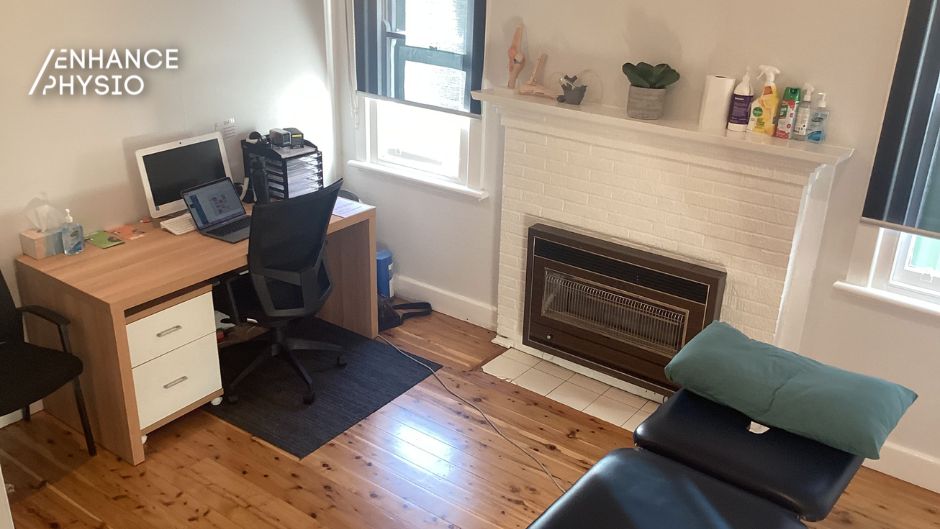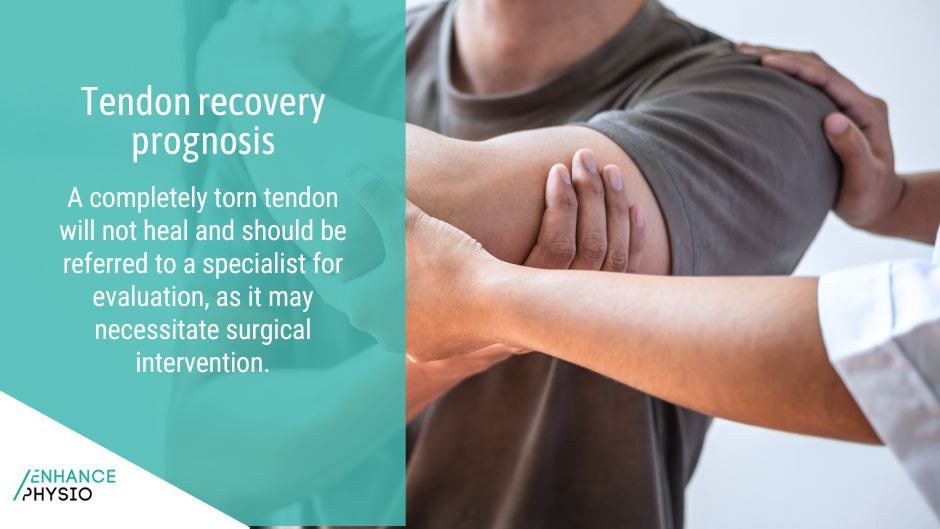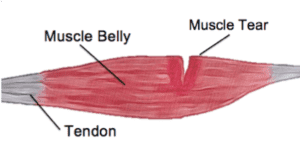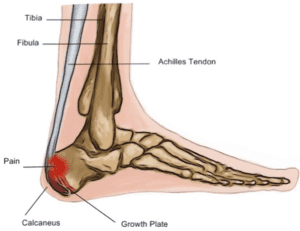Matt Lewington from Enhance Physiotherapy Albury Wodonga is speaking about tendon pain and how to best treat tendons to get you back to achieving your goals faster!
Whether it be your Achilles, patella tendon, lateral hip, shoulder or elbow – tendon pain can be very debilitating when it comes to achieving your goals and participating in your everyday activities.
In the last 2 weeks, I have treated 12 new patients who have presented to our clinic with tendon pain! Some have recently started back exercises after a month off at the end of football and netball season.
Others had increased their loading coming into the Melbourne Marathon, while some had just increased their daily activity with the nicer spring weather upon us.
Tendon damage
Tendons are the connective tissues that connect muscles to bones. Tendon pain is a common injury in athletes that can be difficult to manage. When a tendon is subjected to greater loads than it can withstand, the tendon begins to change in structure, resulting in pain and disability.
Most people will suffer from tendon pain at some point in their lives. It can be perplexing and frightening, especially if they are recurring or do not improve.
We see many patients who are concerned about ultrasound findings that indicate degenerative areas within their tendons. A lot of recent research shows that even in a degenerated tendon, plenty of healthy tendons can be strengthened and exercised to allow the patient to recover from their injury.
Factors that contribute to tendon injuries
Tendon injuries occur when a repetitive or one-time load on the tendon exceeds the tendon’s load tolerance. Your activity level determines tendon tolerance to load.
For example, the Achilles tendon of Person A, who has been a runner for 5 years and runs three times per week, will be accustomed to more forceful and frequent loading than the Achilles tendon of Person B, who only walks every day and does not run for exercise.
Person B would need to gradually increase their running distances if they started running to avoid overloading their tendon, causing a tendon injury.
Tendon recovery prognosis
Many patients are concerned about tendon damage and whether it will heal. The first thing to understand is that a torn tendon is not the same as a tendinopathy diagnosis.
Also, the extent of the tear – partial vs. complete – is essential. Tendons heal slowly because they lack a good blood supply. While tendon tears rarely heal, a partial tear may heal without invasive intervention if properly rehabilitated by strengthening the tendon and surrounding musculature.
Unfortunately, it can take weeks or months for tendons to heal fully. Remember that tendons dislike change, so it takes time to build them up to tolerate high physical activity levels! However, if a robust and detailed exercise rehab program is prescribed, the long-term prognosis is often favourable.
A completely torn tendon will not heal and should be referred to a specialist for evaluation, as it may necessitate surgical intervention.
Physiotherapy treatment for tendon pain
Physiotherapist-guided progressive exercise programs are most effective for rehabilitating painful tendons.
There is evidence that shock wave therapy can help with chronic tendon pain, especially if other treatments have failed.
Tendon treatments differ according to the type of injury. A specialist should evaluate a ruptured tendon to determine the best course of action. This may include cast immobilisation or surgery.
There are 3 Key Points when it comes to tendon pain
Pain = Overloading
- When you are experiencing pain in your tendon, it is your tendon’s way of telling you that it is overloaded and requires some ”relative rest”. This is most common with high-intensity, vigorous activities such as running, jumping and throwing.
- We need to continue loading your tendon it is essential to continue loading your tendon. If you rest from activity, your tendon will feel better, and your pain will decrease; however, your tendon’s tolerance to load will also decrease. When you return to doing your previous activities, your pain will return, often worse than it was previously, due to the deconditioning of your tendon from being unloaded.
- Tendons don’t respond well to stretching and massage. When you experience pain and tightness associated with tendon pain, it is widespread to try stretching the tendon or getting a massage to help with your symptoms. Tendons are very different to muscles and do not respond well to stretching or massage – these strategies can worsen your tendon pain!

Final thoughts on Physiotherapy For Tendon Pain
Tendon pain can occur at any time, but it is far more likely to happen when there is a significant change in load. Early rehabilitation is critical to achieving positive outcomes with this condition.






